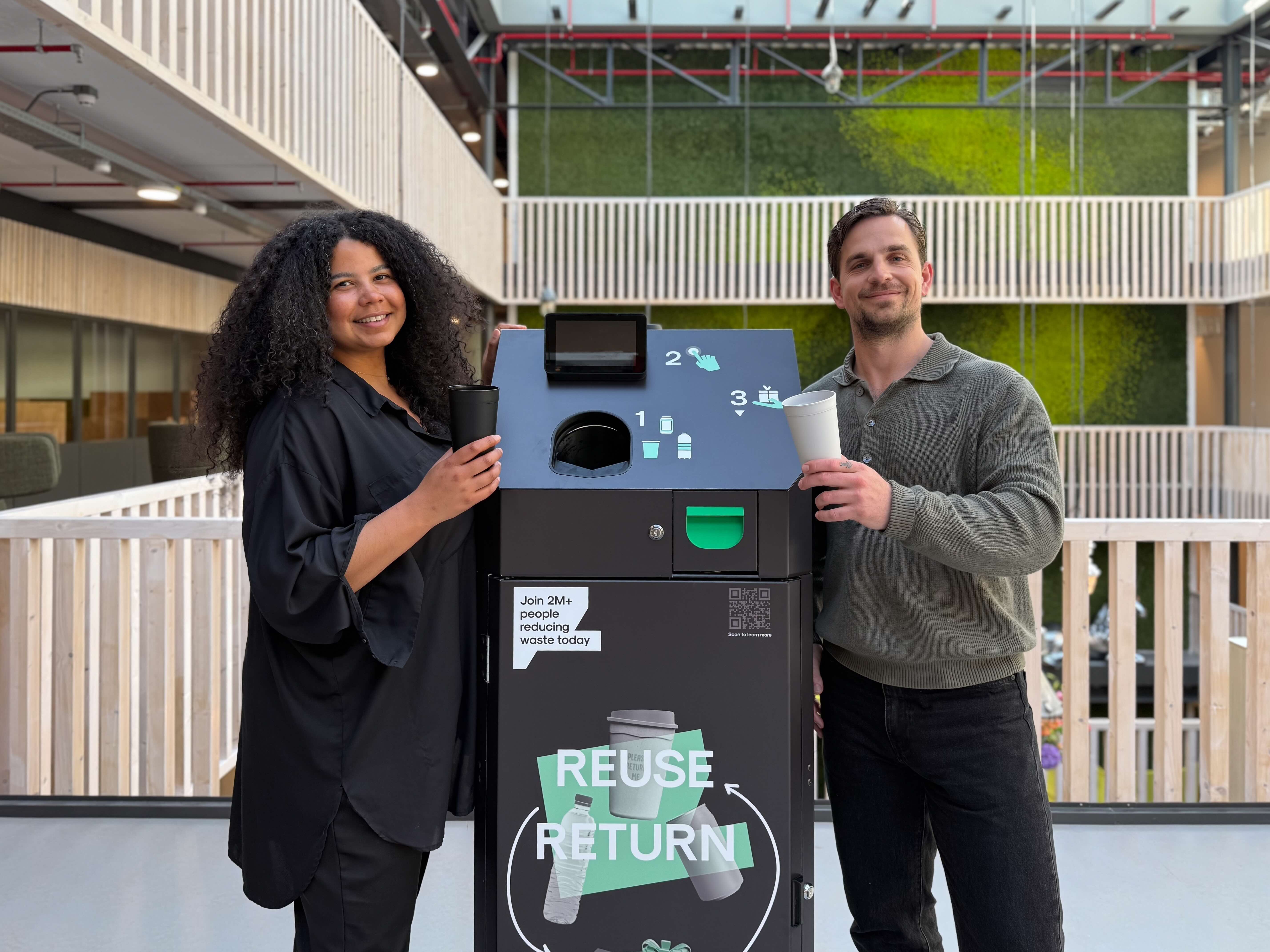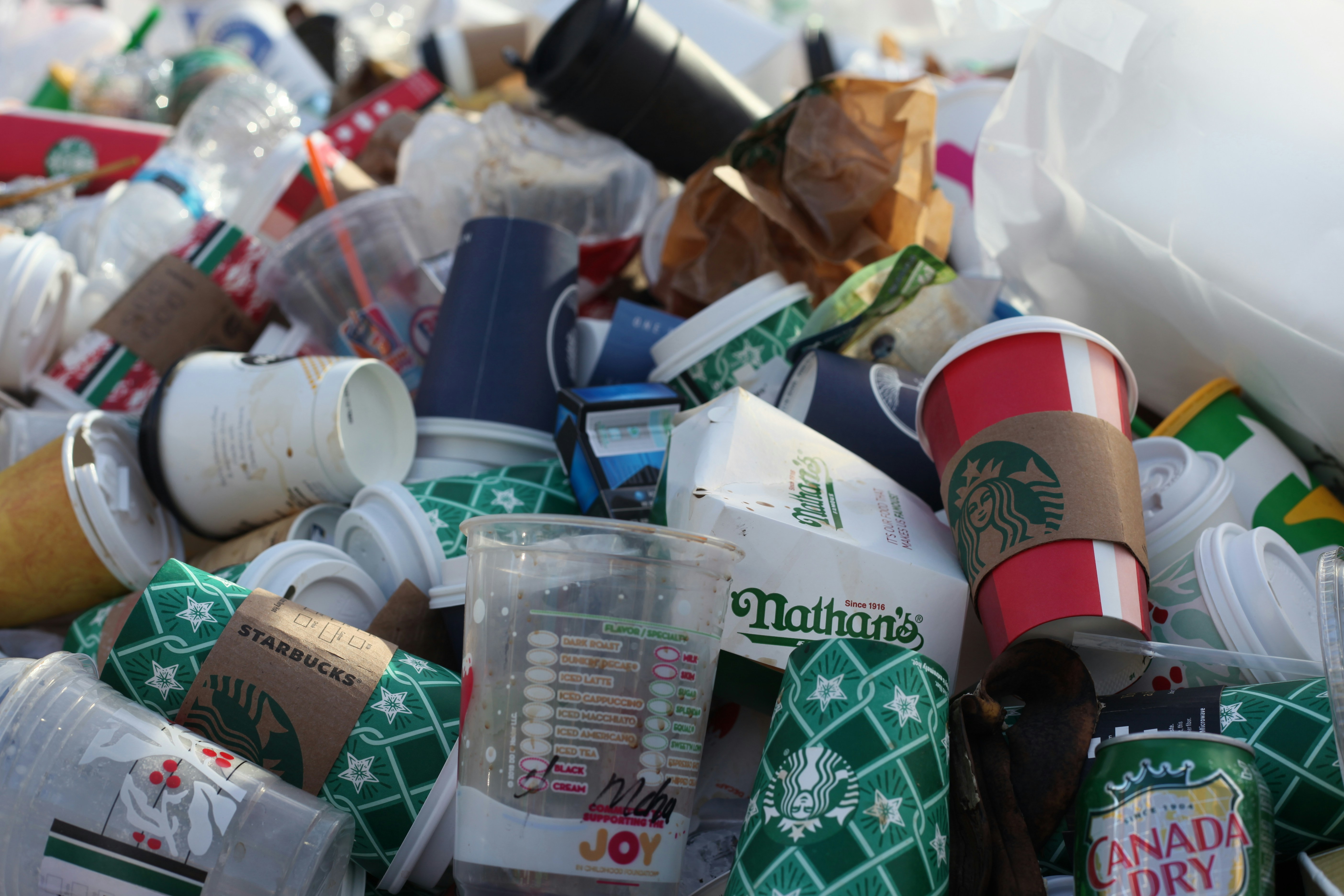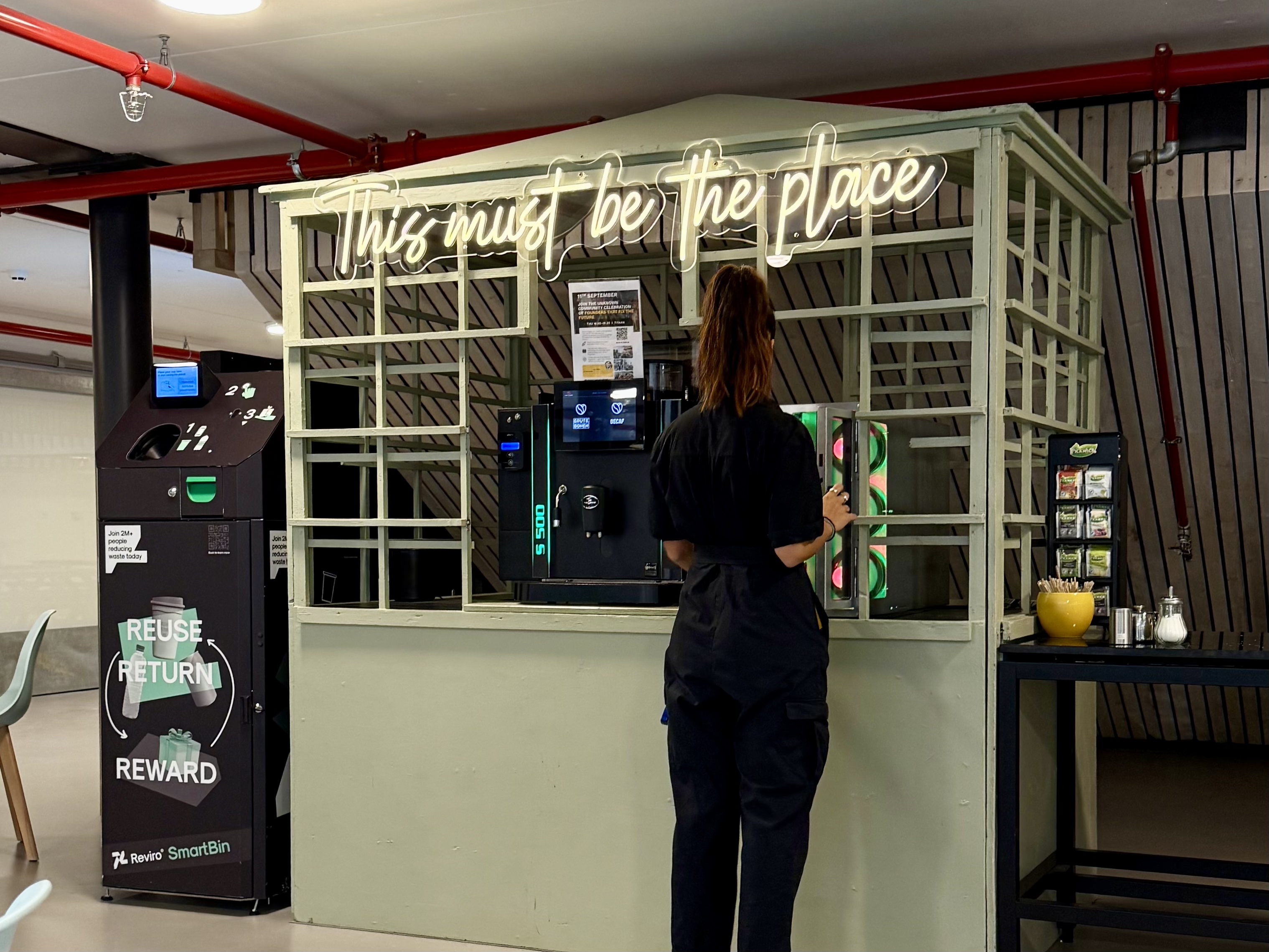Original article by Gijsbert Termaat, Algemeen verslaggever. Read the original article on De Telegraaf
The following is PackBack’s summary and perspective on Termaat’s reporting.
At PackBack, we’ve long believed that reuse should be the default, not the exception. Recent updates from the Dutch Ministry of Infrastructure and Water Management (IenW) confirm what we already know: the EU’s regulatory framework is moving us toward that goal but we’re not there yet.
The promise of the EU rules
Since 2024, European law has required that for on-site consumption, businesses must offer reusable alternatives instead of single-use plastic cups and containers. For takeaway, reusables must also be available as an option. From 2026, the European Packaging Regulation will introduce even stricter reuse targets across multiple packaging categories.
As a spokesperson from the Ministry of Infrastructure and Water Management (IenW) explains, the stakes are high:
"In 2021, each EU resident generated an average of 189 kg of packaging waste. In the Netherlands, one-third of all waste is packaging. The EU SUP Directive prohibits plastic single-use cups and containers for on-site consumption. For takeaway, businesses must offer reusable alternatives. From 2026, the European Packaging Regulation will require reuse of various types of packaging."
Where it’s falling short
The problem is inconsistent enforcement and too many exemptions. Without clear standards, some businesses are reverting to disposables under the guise of “green” materials even when proven reuse systems already exist. A common example is the continued use of so-called sustainable paper cups. While they may appear eco-friendly, most contain plastic linings and ‘forever chemicals’, which makes them difficult to recycle and often requires more water and energy to process than probably expected.
When businesses rely on such alternatives, it slows real progress and creates confusion for both companies and consumers. Clear and consistent rules, supported by education and infrastructure, are essential to prevent well-intentioned but ultimately wasteful substitutions.




